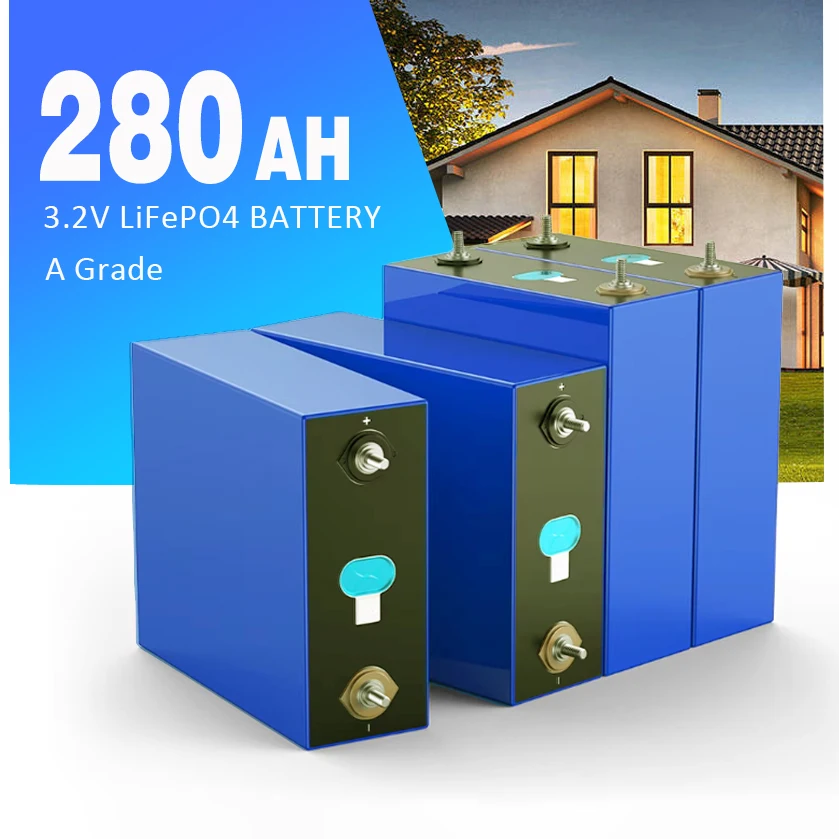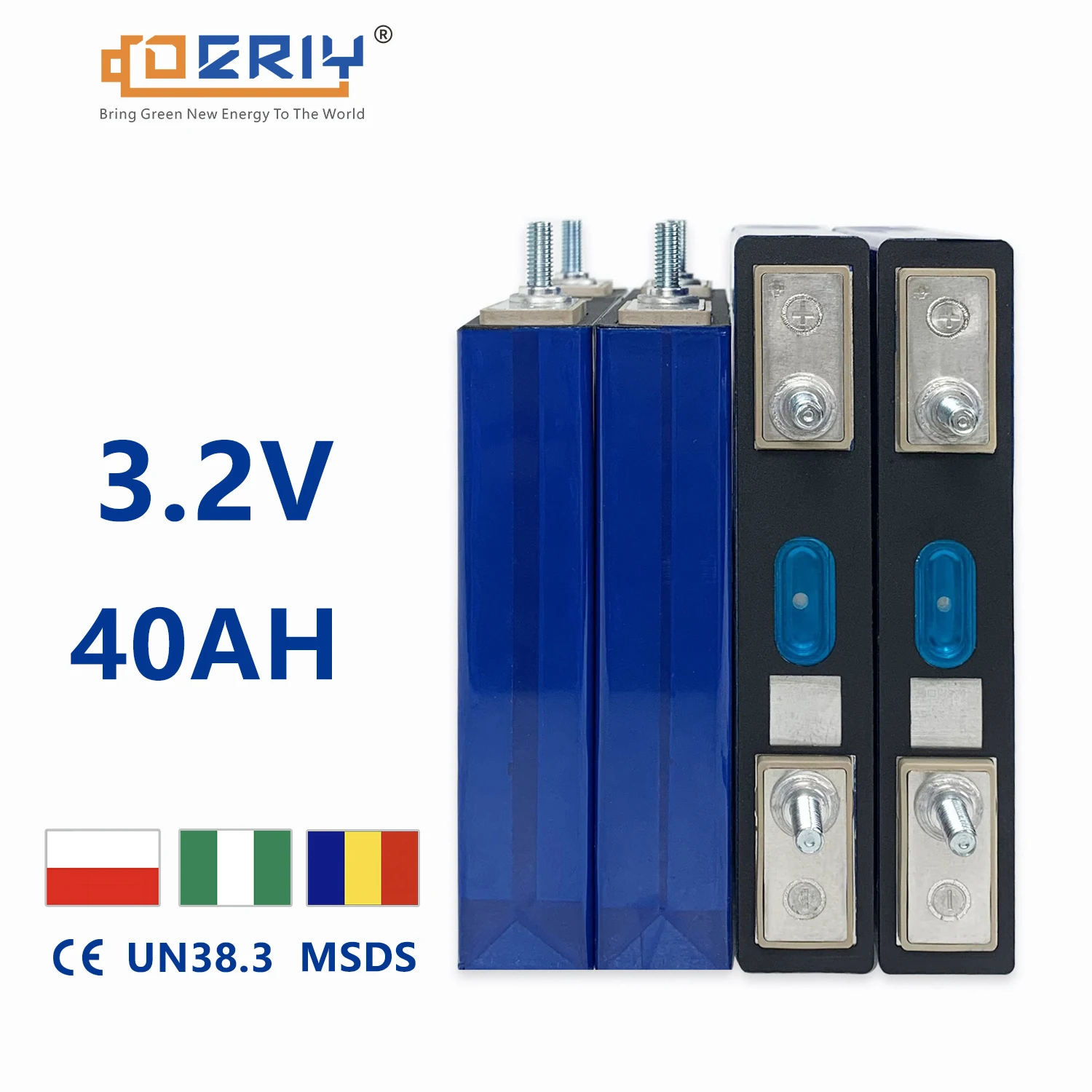
LFP batteries offer multiple advantages. They exhibit long cycle life, meaning they can be charged and discharged repeatedly without needing to be replaced frequently. Overheating is also rarely a problem since thermal stability is relatively high, making treats to lower operational safety an unlikely danger. Additionally, less poisonous materials make the environment less dangerous than offered by other batteries. Unlike many other battery types, LFP batteries can withstand various temperatures and thus have more available use cases
